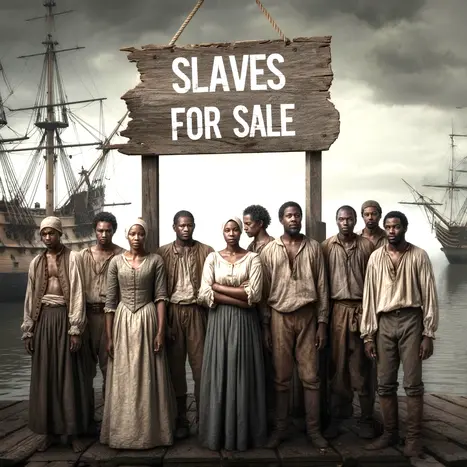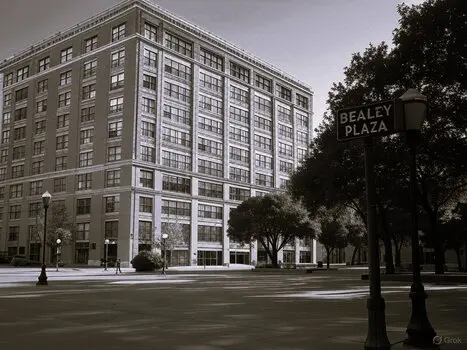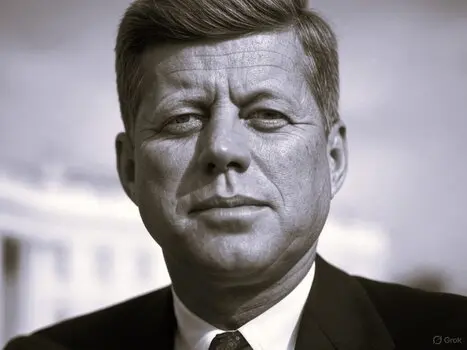
Estimates indicate that between 1 million and 1.25 million White Europeans were captured and enslaved by the Barbary Pirates, with some sources suggesting up to 1.5 million over the period from the 16th to the 19th centuries. Read further...

Research confirms that around 390,000 African slaves were imported directly to the United States through the transatlantic slave trade. This number reflects those brought directly from Africa, with the total slave population growing to about 4 million by 1860, primarily through natural increase. Read more...

This list of Popes is sourced from information provided by the Vatican Holy See. The Vatican Pope Numbers, relative to the St. Malachi Prophecy, start from 165, Pope Celestine II (1143-1144), and the 10 Anti-Popes have been included in the calculation (though they have no Pope Numbers). This means the Final Pope number will be 112 persons later, equating to 266 - Pope Francis (2013 - 2025).

The story of how Great Britain (GB) became known as the United Kingdom (UK) is a complex tale woven through centuries of political unions, wars, and social transformations. This article reviews this historical narrative, highlighting the critical moments and underlying reasons for this significant evolution in nomenclature and national identity.

On November 22, 1963, President John F. Kennedy was assassinated while riding in a motorcade through Dealey Plaza in Dallas, Texas. His assassination left a lasting impact on American society, sparking a multitude of conspiracy theories and forever changing the course of history. Here is a very brief look at the main conspiracy theories.

In 2010 I received what was purported to be photographs of John F Kennedy's autopsy following his assassination on Friday, 22 November 1963. With the recent interest in JFK through the release of documents, I share the photographs here. Warning, Contains Disturbing Images

The Highland Clearances represent a significant and tumultuous period in Scottish history, marked by the forced eviction of tenants from their homes in the Highlands and Islands.

The Highland Clearances, was a massive displacement of Gaelic-speaking people from their ancestral lands in Scotland during the late 18th and early 19th centuries. The event was a pivotal moment in Scottish history, marked by mass evictions, forced relocation, and widespread violence.

The phrase "useless eaters" has a dark history, deeply rooted in eugenics and Nazi ideology. Still, it has resurfaced in recent years as a key talking point in anti-elitist and depopulation conspiracy theories. From 2020 onward, the term has been weaponised by fringe groups to accuse influential figures...

While initially embraced as a progressive scientific movement, eugenics later became associated with coercive policies, forced sterilisations, and Nazi atrocities, leading to its widespread discrediting after World War II. However, it is live and well in the 21st cebtury...

On 20 April 1968 Enoch Powell gave his "Rivers of Blood" speech at a Conservative Association meeting Birmingham. This was indeed a controversial political milestone. Today, I received an MP3 copy of this speech by Enoch Powell and present it here verbatim...

You know, the fish rots from the head down. We have been appallingly led in this country now for several decades. We are in societal decline. We are in economic decline. Most people are getting poorer with every year that passes. We're losing any sense of national identity, and we're actually teaching kids at school that our country's history is something to be ashamed of...

